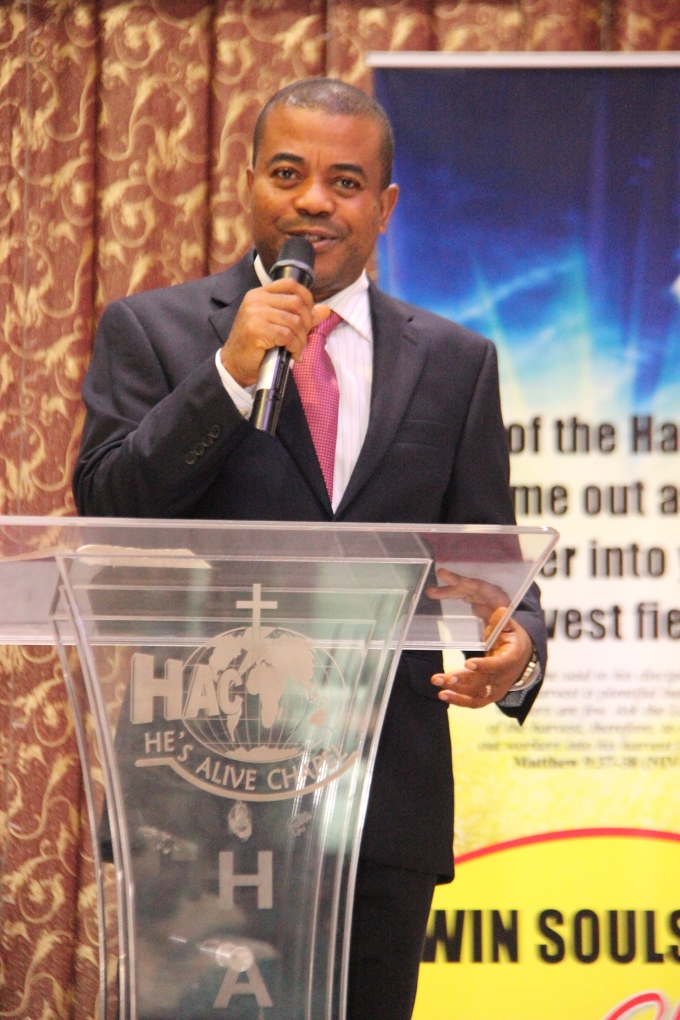
7 And they reasoned among themselves, saying, “It is because we have taken no bread.”
8 But Jesus, being aware of it, said to them, ” O you of little faith, why do you reason among yourselves because you have brought no bread? 9 Do you not yet understand, or remember the five loaves of the five thousand and how many baskets you took up? 10 Nor the seven loaves of the four thousand and how many large baskets you took up? 11 How is it you do not understand that I did not speak to you concerning bread? — but to beware of the leaven of the Pharisees and Sadducees.” 12 Then they understood that He did not tell them to beware of the leaven of bread, but of the doctrine of the Pharisees and Sadducees.” (Matthew 16:5-12)
Jesus had an interesting conversation with His disciples: “Then Jesus said to them, “Take heed and beware of the leaven of the Pharisees and the Sadducees.”” (Matthew 16:5). When they heard this, they began to reason among themselves that it was because they had forgotten to take bread with them in the boat before crossing the sea. They had thought that Jesus was worried about how they were going to survive without bread. Jesus diagnosed that their problem was ‘little faith.’ Little faith manifests as lack of trust and is prone to worry about survival (see Matthew 6:30; 8:26; 14:31).
Jesus referred them to the feeding of the five thousand and four thousand men which had happened earlier. Those events should have proved to the disciples that God was able to take care of their needs. If they had only reflected on those miracles they would have had a different attitude to their present challenge.
FEEDING OF THE FIVE THOUSAND
The disciples had witnessed the feeding of five thousand men (Matthew 14:13-21). In that instance, they were in a “deserted place” where there was no means of provision. There were no bakeries nor stores. Even if there was, they didn’t have the money needed to buy enough food to satisfy so many people. The disciples’ inclination was to send the people away so that they would fend for themselves. “But Jesus said to them, “They do not need to go away. You give them something to eat.” (Matthew 14:16). Jesus was neither desperate nor nervous because He knew exactly what He was going to do in the situation (John 6:6). When a disciple found that a boy had five loaves and two fish, Jesus requested that they be brought to Him.
“Then He commanded the multitudes to sit down on the grass. And He took the five loaves and the two fish, and looking up to heaven, He blessed and broke and gave the loaves to the disciples; and the disciples gave to the multitudes. 20 So they all ate and were filled, and they took up twelve baskets full of the fragments that remained.” (Matthew 14:19-20). Not only did God meet the needs of the multitudes, He went beyond. when it was over, there was extra left. Little becomes much when it is in the hands of Jesus.
FEEDING OF THE FOUR THOUSAND
On another occasion Jesus and the disciples found themselves in the wilderness and as always, there was a multitude that had come from all the regions to hear Jesus (Matthew 15:32-37). After three days, everyone had run out of supplies. “Now Jesus called His disciples to Himself and said, “I have compassion on the multitude, because they have now continued with Me three days and have nothing to eat. And I do not want to send them away hungry, lest they faint on the way.” (Matthew 15:32). You would think that the disciples had learned a lesson or two about how Jesus managed crisis situations from their previous experience. Not at all. “Then His disciples said to Him, “Where could we get enough bread in the wilderness to fill such a great multitude?“” (Matthew 15:33). It’s obvious that they had forgotten how Jesus had fed five thousand men under similar circumstances. Thankfully, they were able to gather seven loaves and a few little fish from the crowd. From this little, Jesus again fed four thousand men. At the end, they had seven baskets full of left overs.
Jesus was expecting that the disciples, having seen God’s miraculous working on those past occasions should now have faith in God’s ability to provide for them no matter the situation. He wasn’t expecting them to be anxious about provision when they had enough evidence that God is a great provider.
LESSON OF FAITH
God expects that the lessons we learned from one situation in life will be applied in other situations or enable us to face and overcome similar situations when they occur. When we experience breakthrough in one area of life it should give us ground to believe and expect breakthroughs in other areas too. When a math teacher gives a formula, solves one or two problems, he expects the students to apply the same principle in solving other problems. The student should not expect the teacher to provide fresh formula for every new problem. It is therefore unfortunate that people who have experienced God’s miracle, provision etc fail to realize that the same power that worked in one situation can also work in another.
ISRAEL OFTEN FORGOT GOD’S WONDERS
We sadly observe that through their journeys, especially in the wilderness, the Israelites failed to learn the lesson of trusting God. They didn’t understand that the power of God was available for every situation of life. The Psalmist highlighted their typical attitude in the following scripture: “And they tested God in their heart By asking for the food of their fancy. 19 Yes, they spoke against God: They said, “Can God prepare a table in the wilderness? 20 Behold, He struck the rock, So that the waters gushed out, And the streams overflowed. Can He give bread also? Can He provide meat for His people?” (Psalm 78:18-20). They saw God cause water to flow out of the rock but they wondered if God could also provide food for them in the wilderness. They had a limited sense of the power of God. They failed to realize that the same supernatural power that produced water could also provide food. Eventually, God provided them food but the consequences were not pleasant. God is never pleased with unbelief.
DAVID REMEMBERED
The first time we are introduced to David he is coming from the field where he took care of his father’s sheep. (1 Samuel 16:11-12; 17:28). The next moment we find him was at the battlefield where Israel was being humiliated by Goliath, a Philistine giant. David volunteered to fight Goliath. As David stood before the giant he had in hindsight the victory that God had given him over the lion and the bear. (1 Samuel 17: 34-36). That’s why he could declare: “Moreover David said, “The Lord, who delivered me from the paw of the lion and from the paw of the bear, He will deliver me from the hand of this Philistine…” (1 Samuel 17:37). David could translate victory in one area of life into another. He knew that if God had delivered him before, then He was able to do it again. David understood that ultimately, “…the battle is the Lord’s” (1 Samuel 17:47) and “…If God is for us, who can be against us?” (Romans 8:31).
God expects us to trust Him in every circumstance of life. When God does something in one area of our life, it should make our faith to grow. Life experiences ought to breed faith in us. The God who heals headache can also cure ulcer; the God who provides admission can also provide the school fees; the God who provides a house can also provide protection. When we face challenges we should be able to remember how God had helped us in the past and trust Him for the present. We can say like Paul: “And my God shall supply all your need according to His riches in glory by Christ Jesus.” (Philippians 4:19).












